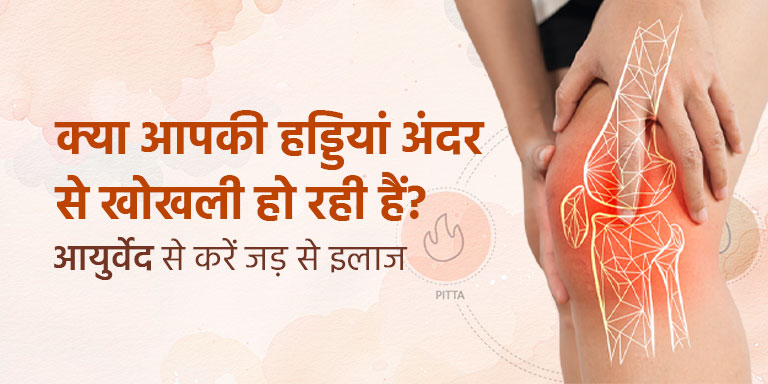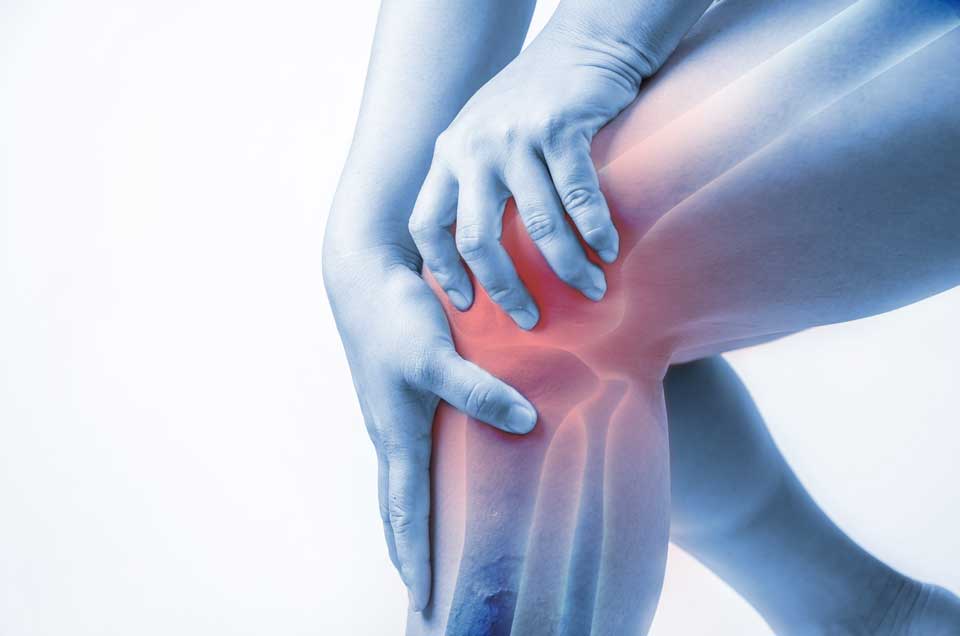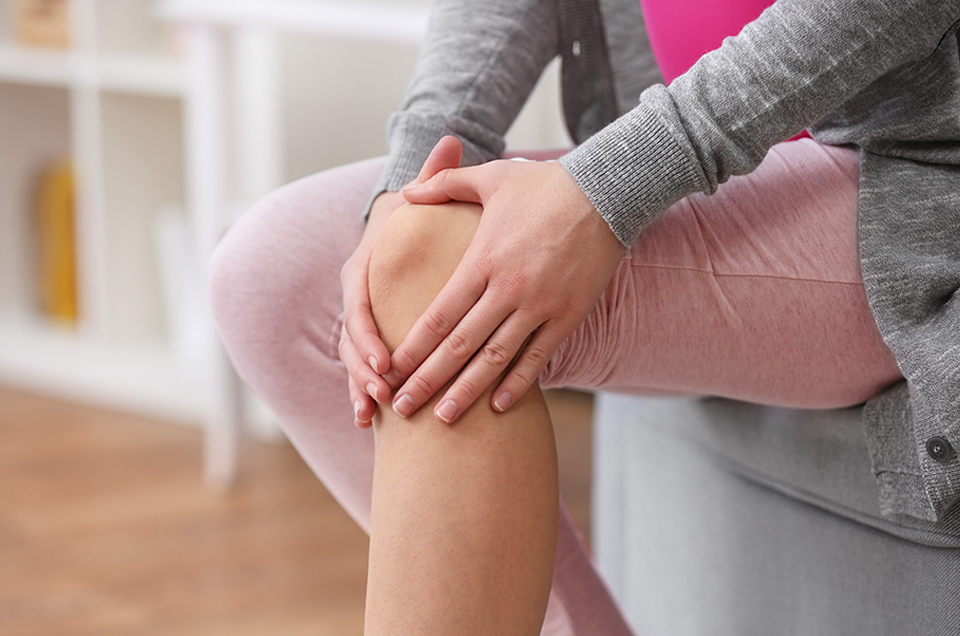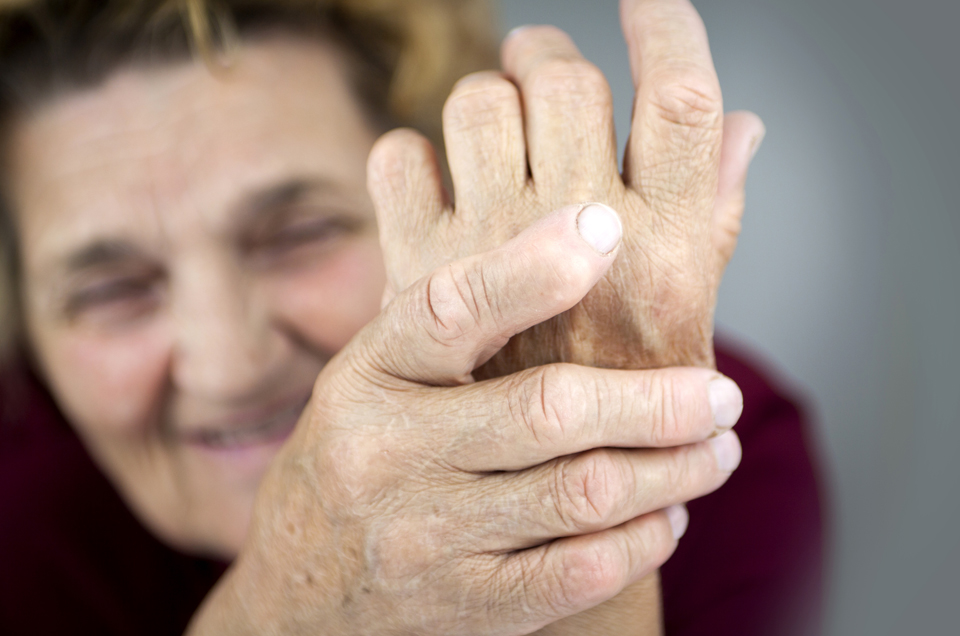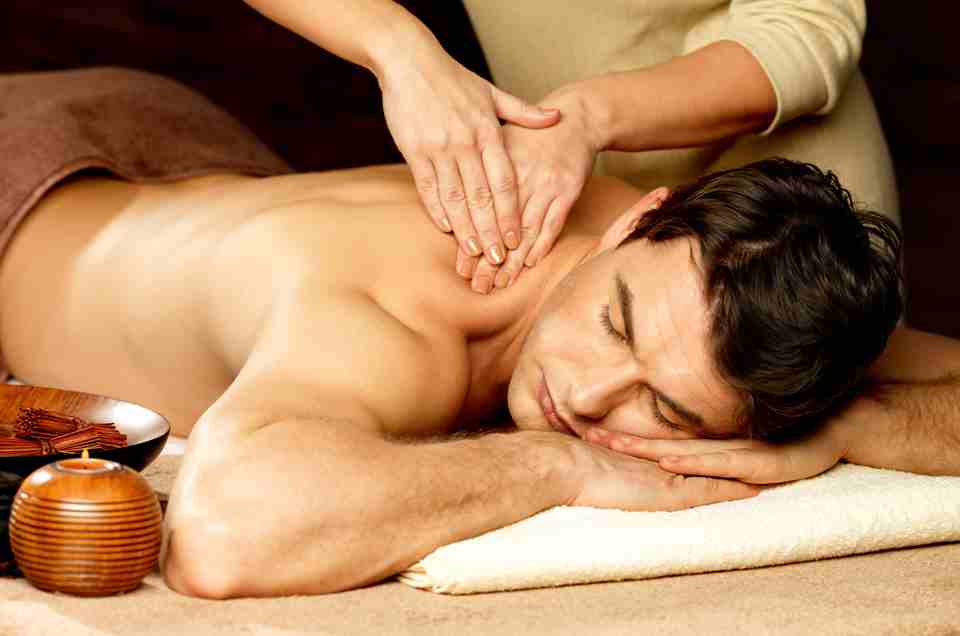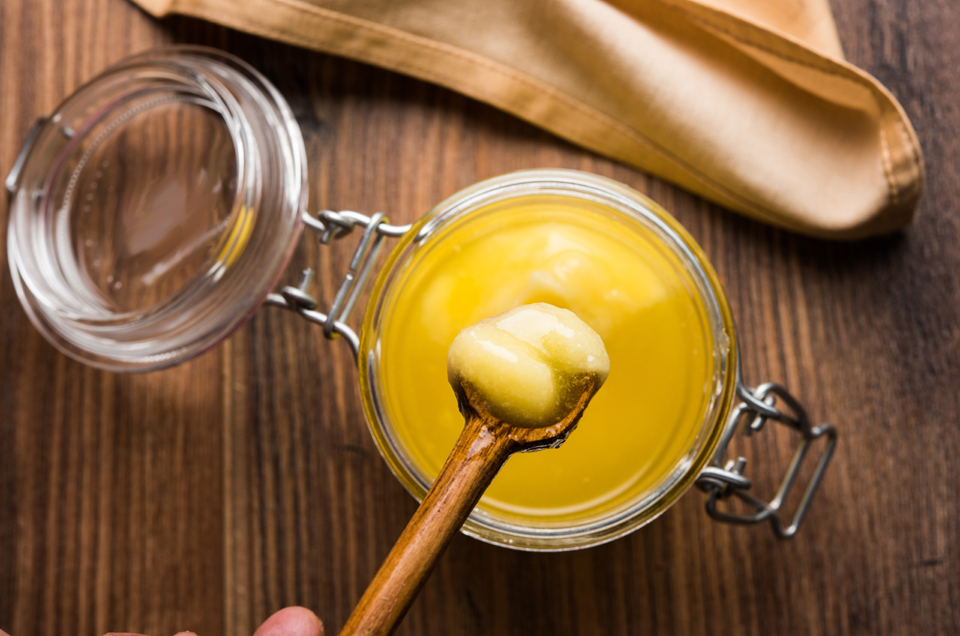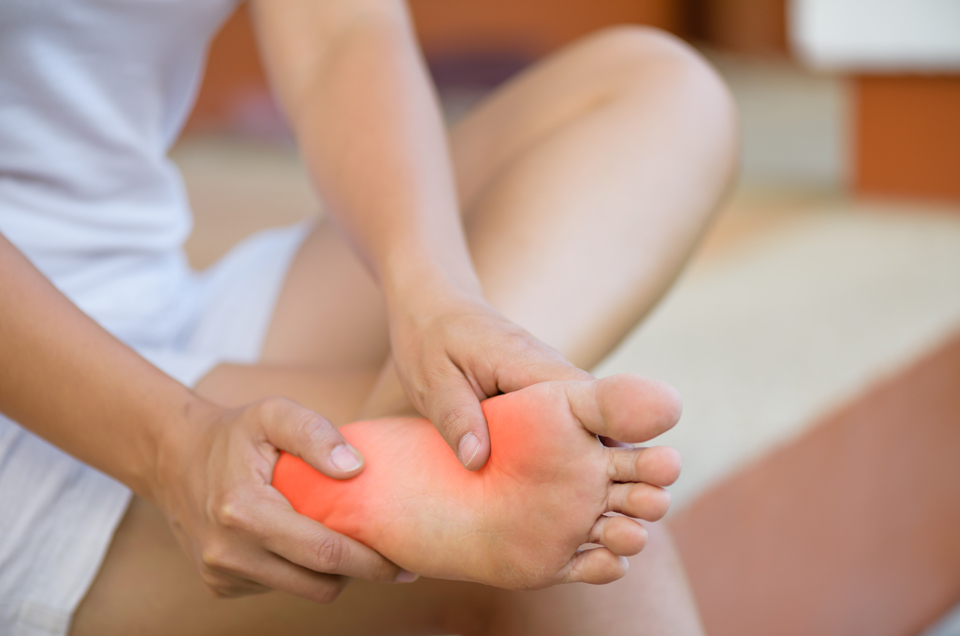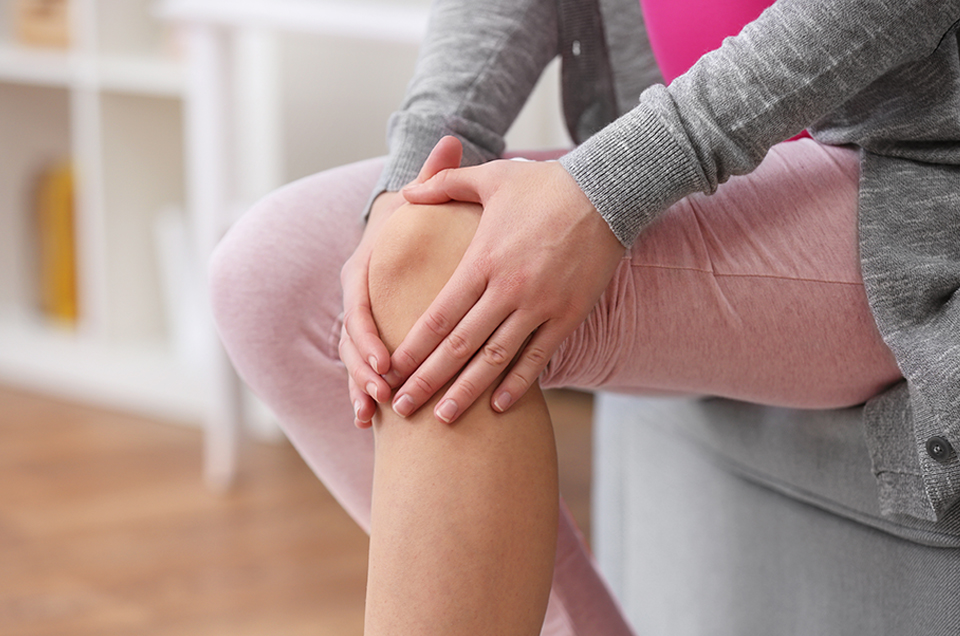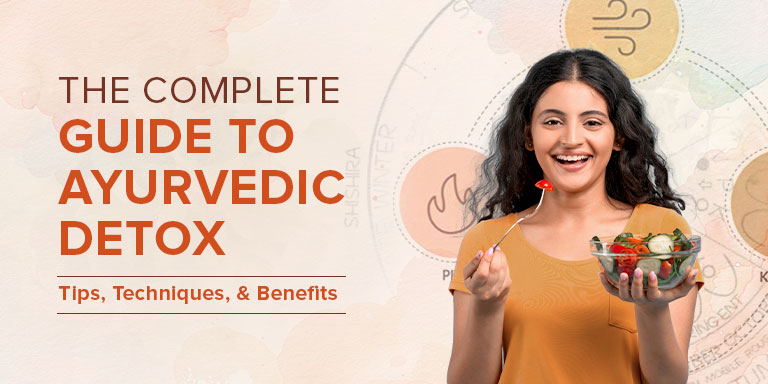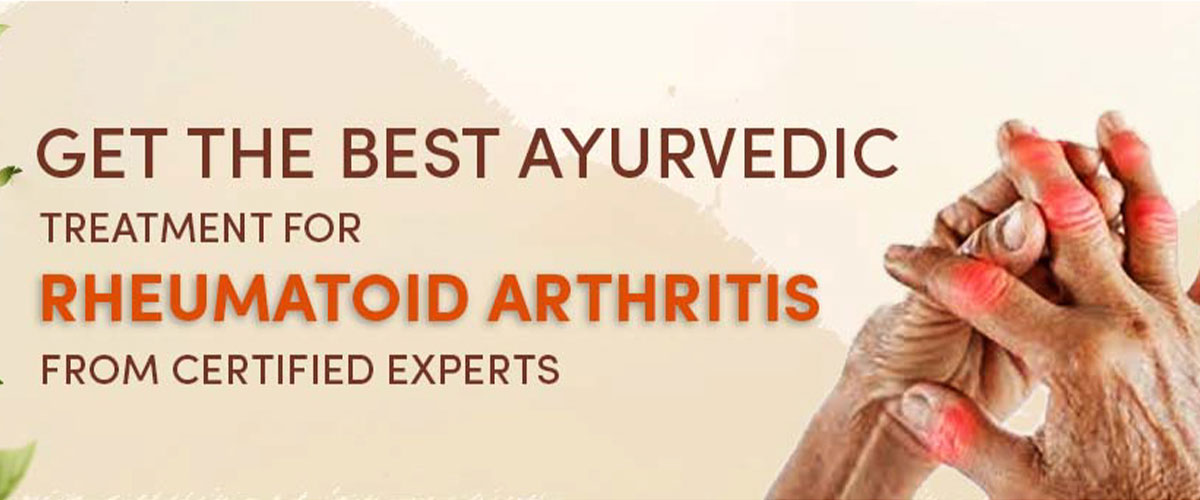 Rheumatoid Arthritis, in Ayurvedic terms, referred to as Aamavata is a disease that leads to pain, inflammation, and deformity of joints. The severity of Rheumatoid Arthritis can vary from mild inflammation in some joints to absolute deformation of multiple joints, mostly noted to develop in hands and feet.
Rheumatoid Arthritis, in Ayurvedic terms, referred to as Aamavata is a disease that leads to pain, inflammation, and deformity of joints. The severity of Rheumatoid Arthritis can vary from mild inflammation in some joints to absolute deformation of multiple joints, mostly noted to develop in hands and feet.
History records the oldest mention of such a condition in Rigveda, the oldest, most ancient scripture in the world originating from India. However, it was not until the 1800s that this disease was described by a French Physician named Augustin Jacob Landré-Beauvais and later in 1859, named - ‘Rheumatoid Arthritis’ by a Britisher, Alfred Garrod.
Over the last 5 decades, a lot of research has been done by modern scientists, doctors and medical researchers alike, trying to identify the etiology of the disease. While numerous pathways have been identified concerning the inflammation in Rheumatoid Arthritis, the original cause of the disease remains truly unknown thus far.
Case in point, modern medical treatment for Rheumatoid Arthritis usually employs a highly offensive approach towards the diagnosis of this condition. Ayurveda, on the other hand, chooses to employ a relatively defensive route.
Further ahead in this blog, we will discuss in absolute detail, how Ayurveda considers this condition, so that you are well aware of the treatment process, allowing you to readily approach a certified Ayurveda expert of your choice, seeking the best Ayurvedic treatment for Rheumatoid Arthritis in India.
Ayurveda has identified that primarily, the triggers to inflammation and immuno-response of the body are caused due to the disequilibrium at a higher physiological level as well as that of the gastrointestinal tract.
Preliminary Diagnosis of Rheumatoid Arthritis (Aamavata) Through Ayurveda
The key pathogenic event in Aamavata (Rheumatoid Arthritis) is the formation of Ama i.e. toxins, not only in the gastrointestinal tract but also in the inner transport system of the human body. Before we proceed, we need to pay attention to the difference in the understanding of human physiology as described in Ayurveda versus the modern medical approach.
While modern medical science takes an approach to assessing the various organs within the human body, Ayurveda chooses to understand the following 5 levels of human physiology commonly referred to as “Pancha Kosha”.
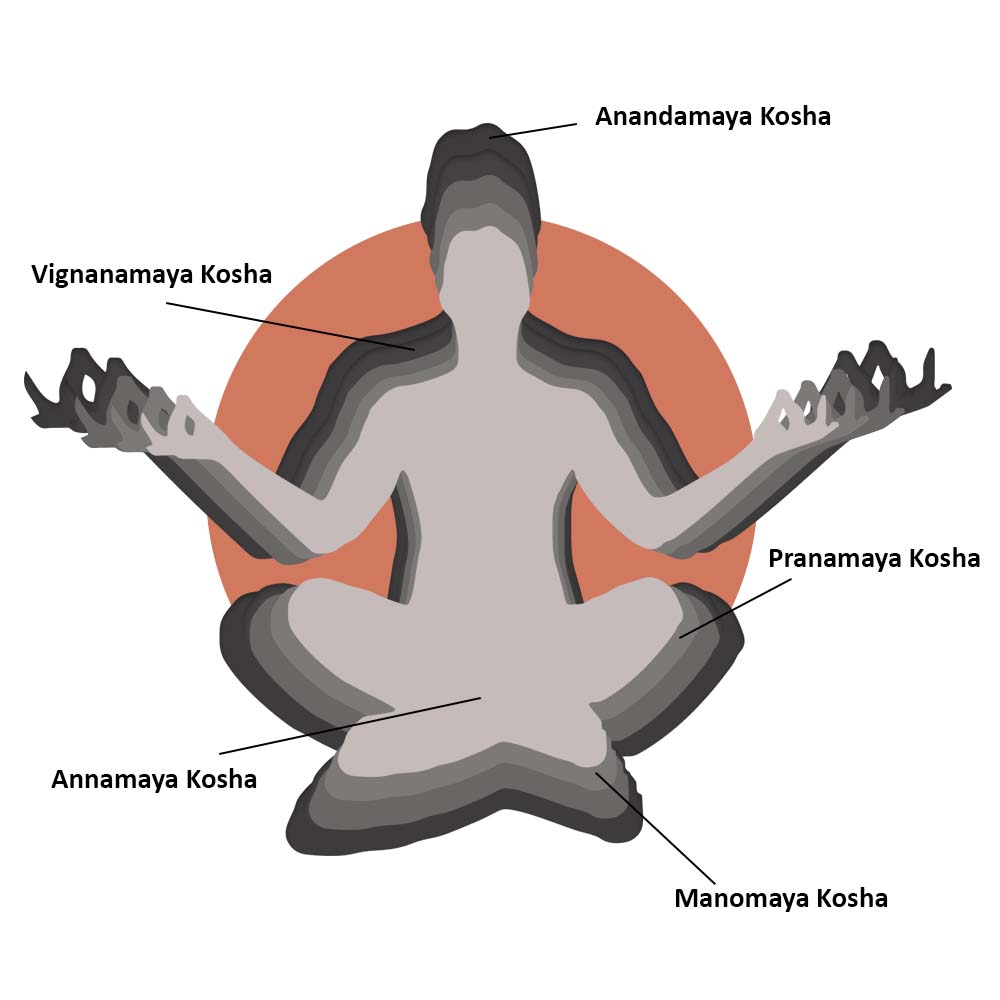
What are the Pancha Kosha?
Level 1 - referred to as Annamaya Kosha - The Physical body i.e. ‘Sthula Shareer’. This is named so because the physical body relies on food (hence ‘Anna’) for sustenance and is highly susceptible to diseases.
Level 2 - referred to as Pranmaya Kosha - The energy sheath, composed of ‘Prana’ or (the air and space components), responsible for the movement and functioning of the respiratory and circulatory systems. Disequilibrium at this stage is usually identified as Vata Dosha, causing diseases with tremendous pain, which in the case of Arthritis (Aamavata) is an important symptom.
Level 3 - referred to as Manomaya Kosha - The energy sheat of ‘Mind’, responsible for cognitive functions.
Level 4 - referred to as Vignanmaya Kosha - The intellect and intuition sheath. This is the level to which all the data collected by our sense organs gets directed and action is taken respectively.
Level 5 - referred to as Anandamaya Kosha - The sheath of Pure Bliss! This is the layer which transcends all 4, resulting in a state of extreme joy, and bliss, free from distress and diseases.
The preliminary diagnosis for Aamavata (Rheumatoid Arthritis) suggests the preliminary fault is identified as a “mistake in the intellect”, connoted by Pragyaparadha.
Ayurveda clearly states that every human being is connected to the source, the unified field of energy that guides us through the laws of nature instinctively, so sustain a healthy life, and free of some illness, pain and suffering.
When the connection with the outside world overrides the senses, we lose a sense of our bodies and that connection with the unified source. As a result, our dietary choices fumble, leading us towards proactive consumption of non-conducive food, that is truly not suitable for the body. And this is what we call “the mistake of the intellect” - Pragyaparadha.
This event occurs in the following areas:
- Diet
- Activities of the human mind
- Daily Routine
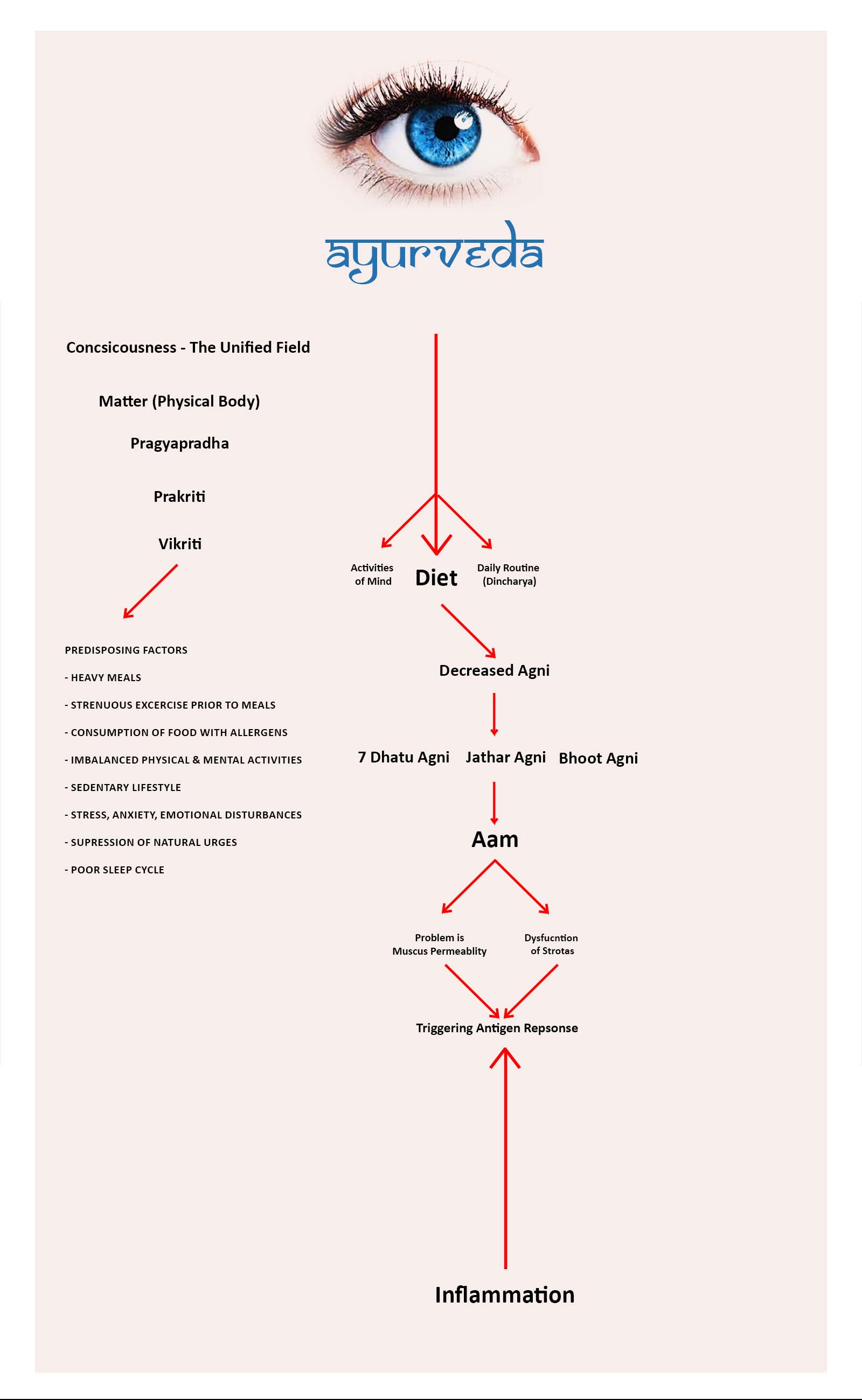
This ‘mistake of the intellect’ (going ahead let us refer to it as Pragyapradha) leads to the following conditions in the body and mind:
Imbalance in the tri-dosha (Virkriti) - Vata, Pitta, Kapha. Without going too much into detail, people with predominant Kapha and Vata Prakriti or with an imbalance in these two particular doshas or their combination are more likely to suffer from Aamavata (Rheumatoid Arthritis). People with Kapha and Vata Prakriti types are more likely to be susceptible to poor digestive fire, and weak metabolism leading to Ama accumulation. This in turn can convert into signs of inflammation and then further develop into Rheumatoid Arthritis. As a good measure, Ayurveda suggests bringing balance to the doshas through restoration of the digestive agni to a balanced state.
It is noteworthy that just like the Genome, the Prakriti of a person remains unchanged during the life of that person, except for minor changes occurring due to environmental and lifestyle factors. While modern medicine looks for the uniqueness of a person through the genotype, Ayurveda identifies the uniqueness of the individual through the phenotypic map.
Poor Metabolic Agni ‘Fire’
Dysfunctional macro & microchannels of transportation in the human body (Strotas)
What are the Signs and Symptoms of Aamavata Rheumatoid Arthritis
Usually, Arthritis is noted to begin with
- Gradual pain, swelling and stiffness in multiple joints Target areas are usually feet and hands, wrists, ankles, elbows, knees shoulders
- Children suffering from arthritis are noted to suffer from pain in neck joints
- Morning stiffness lasting for at least an hour or so
- Fatigue, muscle pain, low-fever
How to Treat Rheumatoid Arthritis Through Ayurveda
As per the Ayurvedic parameters of diagnosis of Aamavata a.k.a Rheumatoid Arthritis, the following strategies can be implemented as safe measures:
Balancing the Doshas through :
- Dietary modifications to balance and restore the digestive agni to normalcy
- Eliminating Ama from the body through Ayurvedic therapies like Panchakarma
- Restoring the mucous permeability potential of the gut
- Meditation, yoga and Pranayama
- Therapeutic Massages and induced sweating/ saunas
In case you are suffering from Rheumatoid Arthritis, we suggest you immediately seek help from a certified Ayurved expert.




 Prev
Prev

